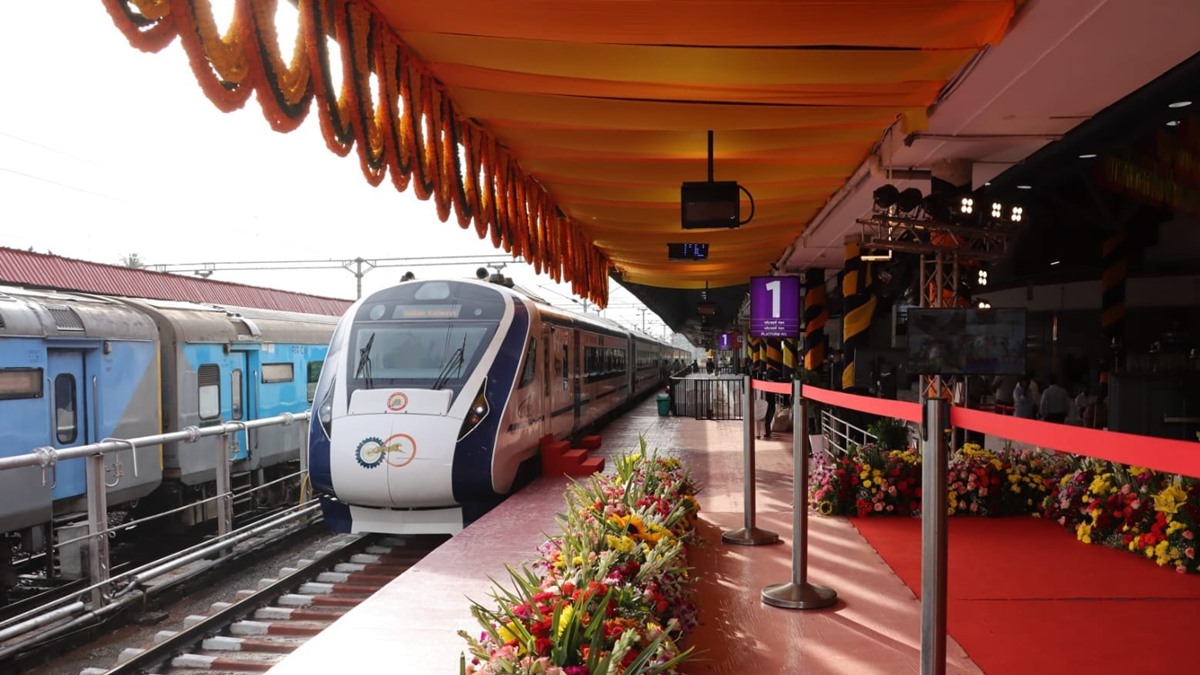
Global disparity in broadband access should go: Hindu statesman Rajan Zed stresses
Nevada (US), Oct 21 (ANI): Eminent Hindu statesman Rajan Zed has stressed the urgent need of bridging the continuing broadband divide among developed and developing countries.
In a statement in Nevada (USA) today, Zed, who is President of Universal Society of Hinduism, said that global disparity in broadband access should immediately go and world should find a way to provide affordable access to broadband to everybody. Access to broadband was a key to development and it could bring various education and health programs to remote and rural areas of the world.
Quoting statistics, Rajan Zed argued that broadband access cost in some of the world's poorest countries was said to over 100 percent of average incomes, as compared to one percent of income in some developed countries. Central African Republic was reported to be the most expensive place to have a fixed broadband connection, costing nearly 40 times the average income there; while Macao (China) was the cheapest, costing about 0.3 percent of the average income.
According to a report of International Telecommunication Union (ITU) headquartered in Geneva (Switzerland), as 2010 ends, there will be about 5.3 billion mobile cellular subscribers. Currently, access to mobile networks is available to 90 percent of the world population. Some countries-Norway, Sweden, USA, and Ukraine-have started offering services at even higher broadband speeds, moving to next generation wireless platforms. There are two billion people on the Internet. Some countries-Finland, Estonia and Spain-have declared access to the Internet as a legal right for citizens. With more than 420 million Internet users, China is the largest Internet market in the world.
The ITU report further says that while in developing countries 72.4 percent of households have a TV, only 22.5 percent have a computer and only 15.8 percent have Internet access (compared to 98 percent, 71 percent and 65.6 percent respectively in developed countries). In some countries-Netherlands, Republic of Korea and Sweden-over 80 percent of households have Internet access, almost all of them through a broadband connection. With the rapidly increasing high-bandwidth content and applications on the Internet, there is a growing demand for higher-speed connections. For example, at the minimum broadband speed of 256 kbps, downloading a high-quality movie takes almost one-and-a-half days-compared to five minutes at a connection speed of 100 Mbps. India and China alone are expected to add over 300 million mobile subscriptions in 2010. Currently, close to 200000 text messages are sent every second.
ITU report points out that broadband penetration levels in developing countries remain low: 4.4 subscriptions per 100 people compared to 24.6 in developed countries. Africa still lags behind when it comes to fixed (wired) broadband. A penetration rate of less than one percent illustrates the challenges that persist in increasing access to high-speed, high-capacity Internet access in the region. Cost of broadband connection is disproportionately higher in developing countries as compared to developed countries, sometimes between 6-7 times higher. While 71 percent of the population in developed countries is online, this number is only 21 percent in developing countries. By the end of 2010, Internet user penetration in Africa will reach 9.6 percent, far behind both the world average (30 percent) and the developing country average (21 percent).
Zed stated that access to broadband should be a fundamental right of world citizens and governments should be asked to come up with right broadband frameworks to achieve this. Broadband technology could be utilized to stimulate development, productivity and growth and could create jobs.
Rajan Zed also stressed the need of preserving "net neutrality". He pointed out that openness, freedom, and level playing field of Internet should be maintained and corporate greed should not be allowed to govern it.
Zed urged other religious leaders of the world, including His Holiness Pope Benedict XVI, to wholeheartedly support the causes of "net neutrality" and internet access as fundamental right.
ITU is the leading United Nations agency for information and communication technology issues, and the global focal point for governments and the private sector in developing networks and services. Founded in 1865, its membership includes 192 Member States and more than 700 Sector Members and Associates. Dr Hamadoun I. Touri is the Secretary-General.(ANI)


 Click it and Unblock the Notifications
Click it and Unblock the Notifications















